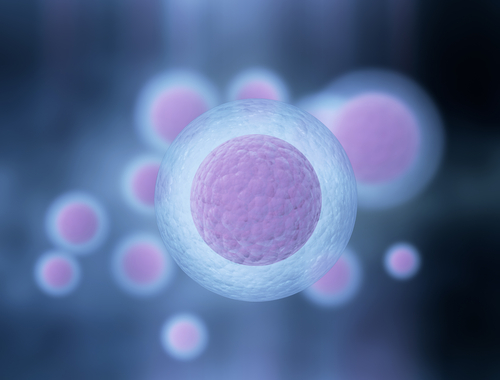'Fully' lab-grown human eggs may lead to new fertility treatments
IANS Feb 09, 2018
In a first, scientists from The University of Edinburgh have grown human eggs in a laboratory from its earliest stage to full maturity, an advance that could lead to improved fertility treatment for young cancer patients.

Previously, the feat was achieved in mice eggs to produce live offspring. But the process proved tricky in humans. However, in the new study published in Molecular Human Reproduction, the egg cells were removed from ovary tissue at their earliest stage of development, to the point at which they are ready to be fertilised. The study explained how human eggs develop at various stages, which could aid research into other infertility treatments and regenerative medicine.
"Being able to fully develop human eggs in the lab could widen the scope of available fertility treatments," said lead author Evelyn Telfer, Professor at The University of Edinburgh. For the procedure, the scientists first placed very small, immature human eggs within ovarian tissue in culture in the lab, where they are left to develop. When the eggs grow and become more than double their initial size, they are separated from the ovarian follicles, before further growth and monitoring.
Eggs and their surrounding cells are then removed from liquid culture to undergo further development in a nutrient-rich membrane. The technique could help safeguard the fertility of girls with cancer ahead of potentially harmful medical treatment, such as chemotherapy. Immature eggs recovered from patients' ovarian tissue could be matured in the lab and stored for later fertilisation, the researchers said. Conventionally, cancer patients can have a piece of ovary removed before treatment, but reimplanting this tissue can risk reintroducing cancer. "We are now working on optimising the conditions that support egg development in this way and studying how healthy they are. We also hope to find out, subject to regulatory approval, whether they can be fertilised," Telfer said.
-
Exclusive Write-ups & Webinars by KOLs
-
Daily Quiz by specialty
-
Paid Market Research Surveys
-
Case discussions, News & Journals' summaries